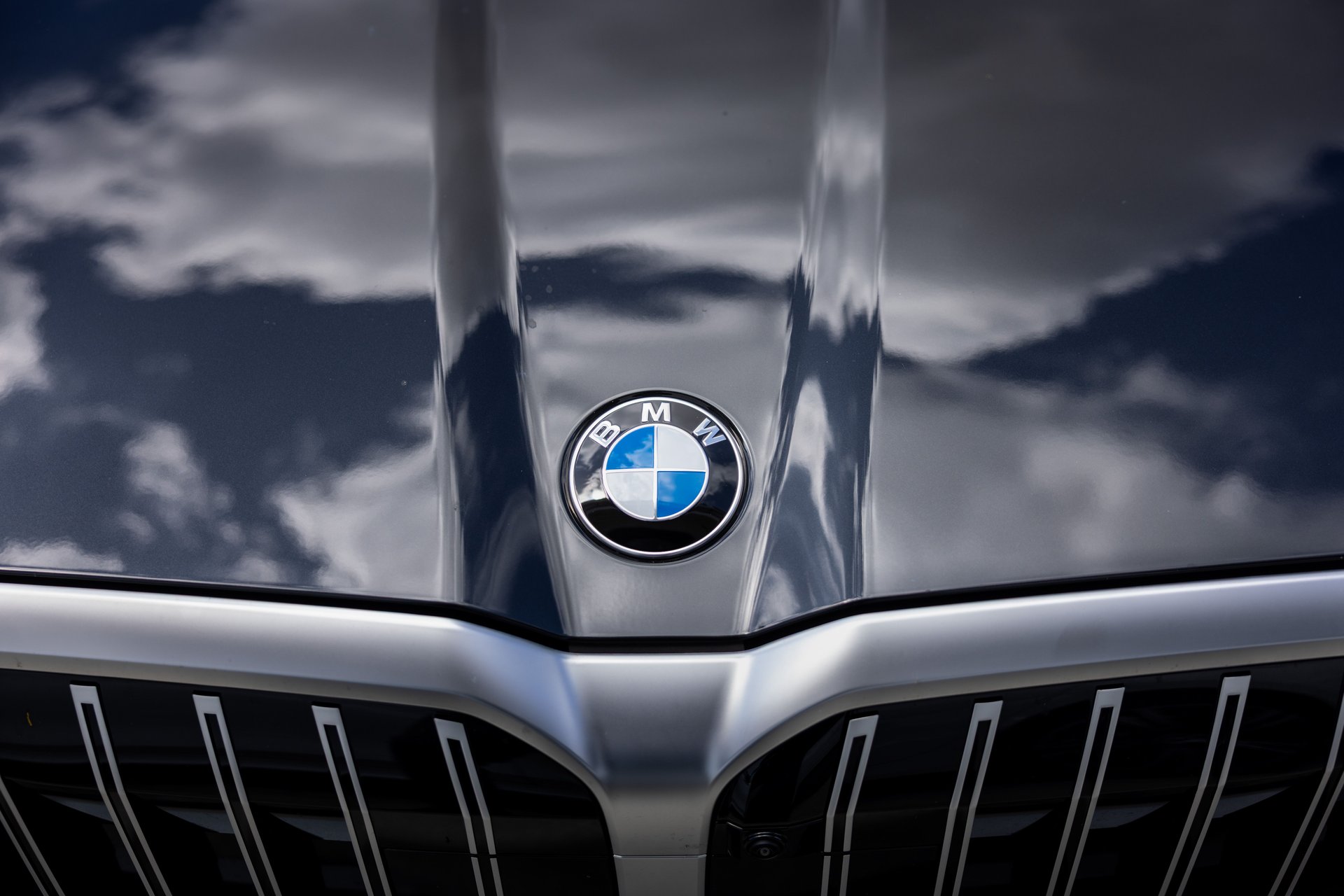Car production craters to historic lows in the U.K. as tariffs take a toll
Vehicle production fell 33% in May, the fifth consecutive month of a downturn as the U.K.'s export market collapses

Photo: Jay L Clendenin (Getty)
Vehicle production in Britain fell 32.8% from April to May, the fifth consecutive month of a downturn, coinciding with U.S. President Donald Trump’s trade war.
Suggested Reading
According to figures from the Society of Motor Manufacturers and Traders (SMMT), this marked the U.K.'s lowest monthly performance since 1949. Total output in 2025 to date is down 12.9% from 2024, the lowest since 1953. Tariffs weren’t the only cause, however: The report cited “ongoing model changeovers” and restructuring as well.
Related Content
A commercial-vehicle plant closed that month, which also affected the figures. Commerical-vehicle production took a sharp dive in April, down 68.6%, and then another 53.6% in May—but that’s coming off a 14-year high last fall.
Exports were also hard hit, down from 68% to 41%, particularly to the U.S.: Sales there were down 55.4%, affected by the 25% tariffs imposed in March.
Under the revised trade agreement that takes effect this week, that rate was reduced to 10% for the first 100,000 U.K. vehicles imported into the U.S.; though any additional vehicles will face the 25% tariff.
Britain’s domestic market is now its auto industry’s best customer. What that domestic market will be like in the near future is questionable: On Thursday, Bank of England governor Andrew Bailey said the country is facing lower employment and wage stagnation.
Yet the SMMT report is optimistic, citing new trade deals with the U.S., EU and India, “rapid action on energy costs” and “additional measures to energize domestic demand,” primarily for electric vehicles. It is hoping the U.K. will inch its way back into the top 15 automotive manufacturing nations; it fell out of that club in 2019.
